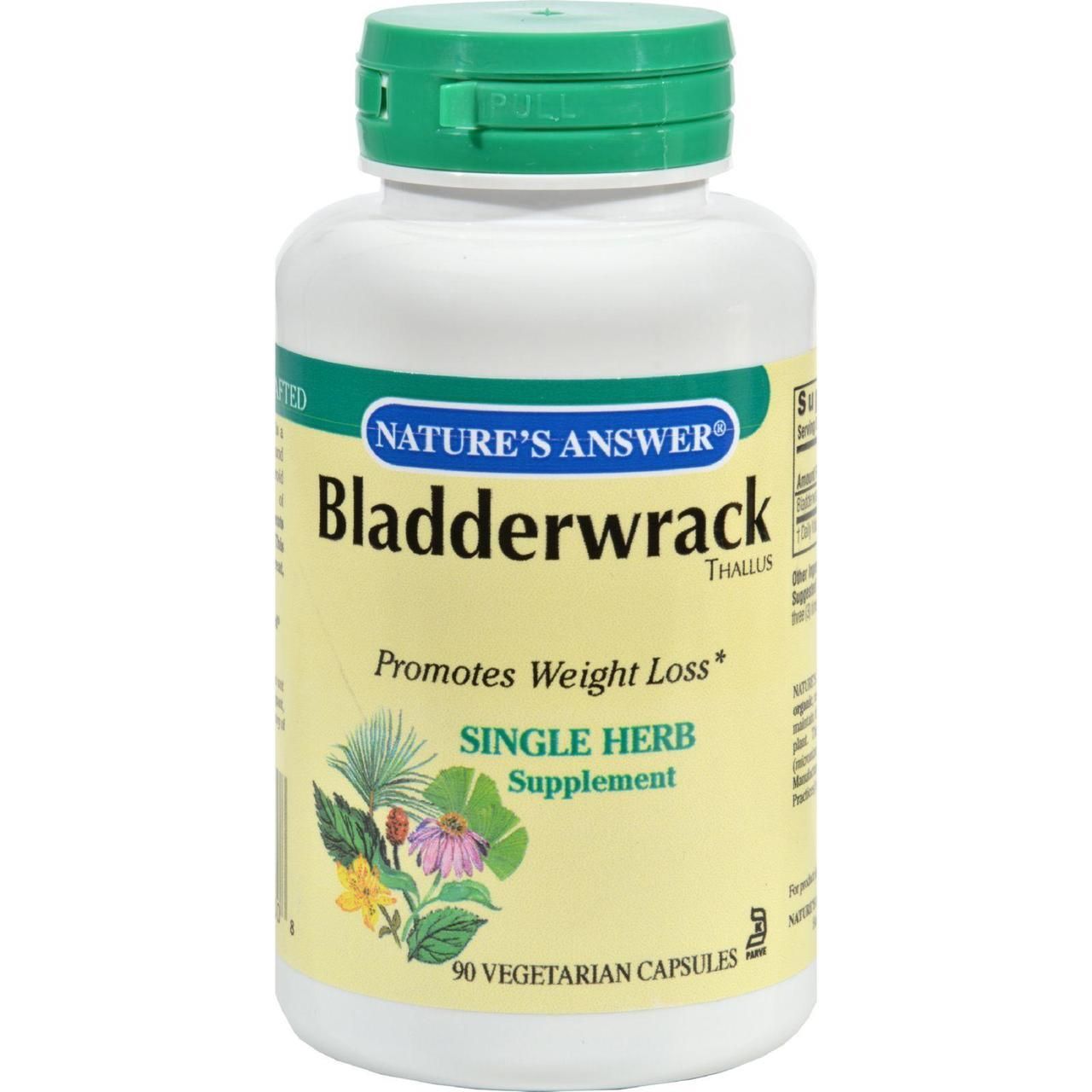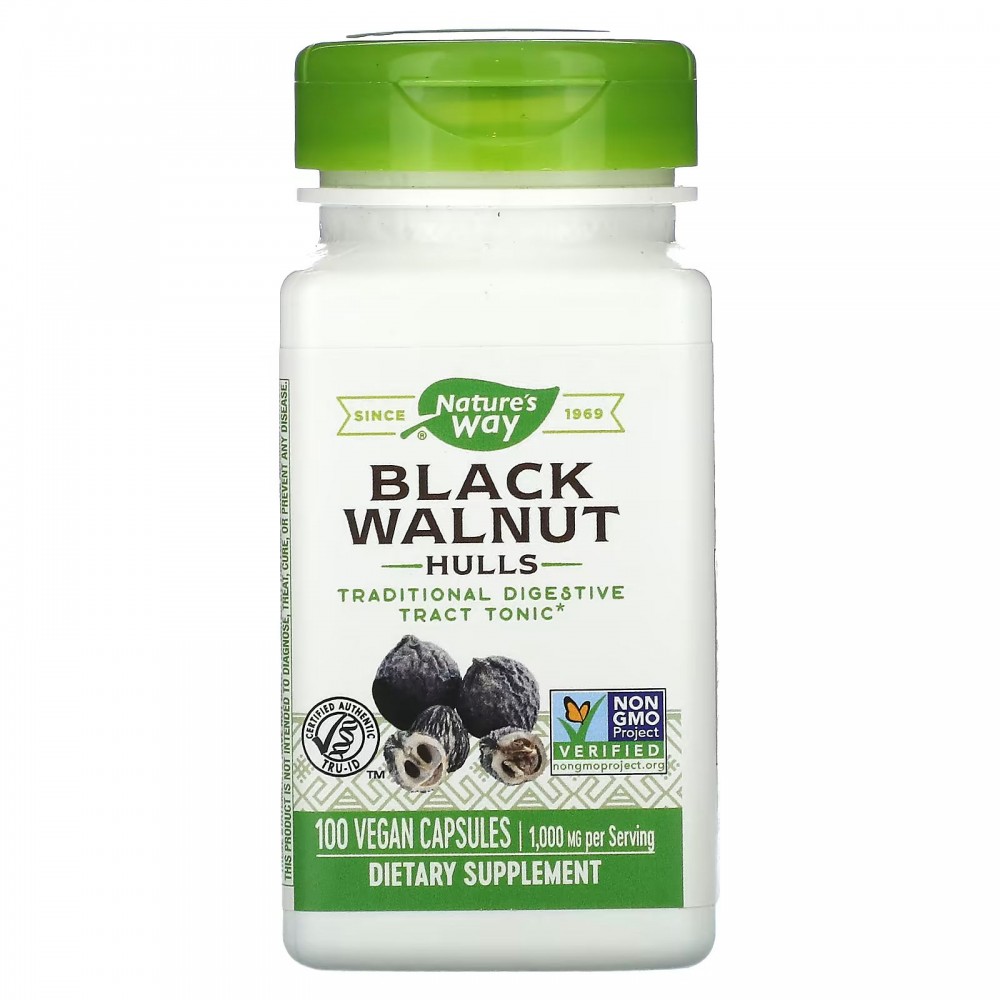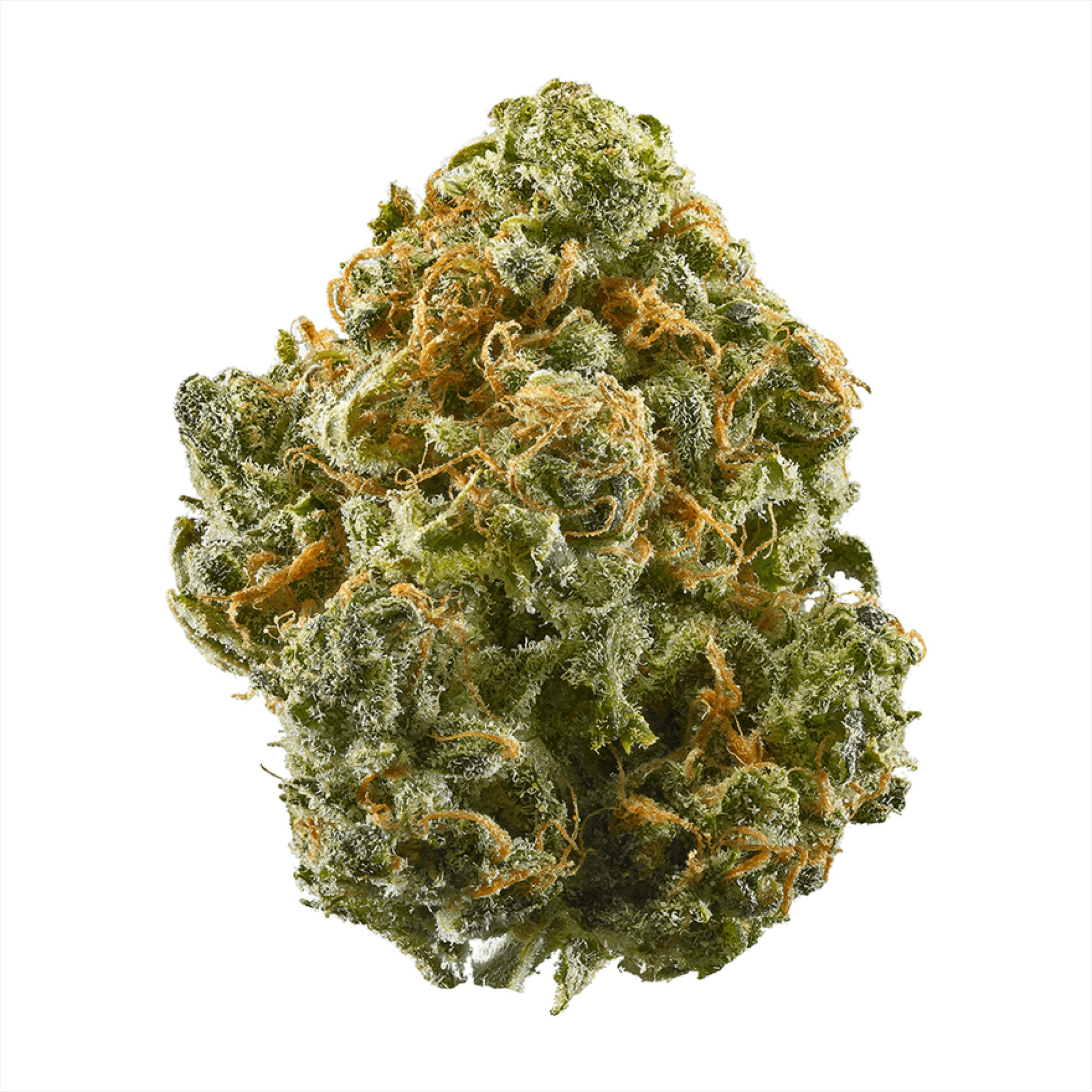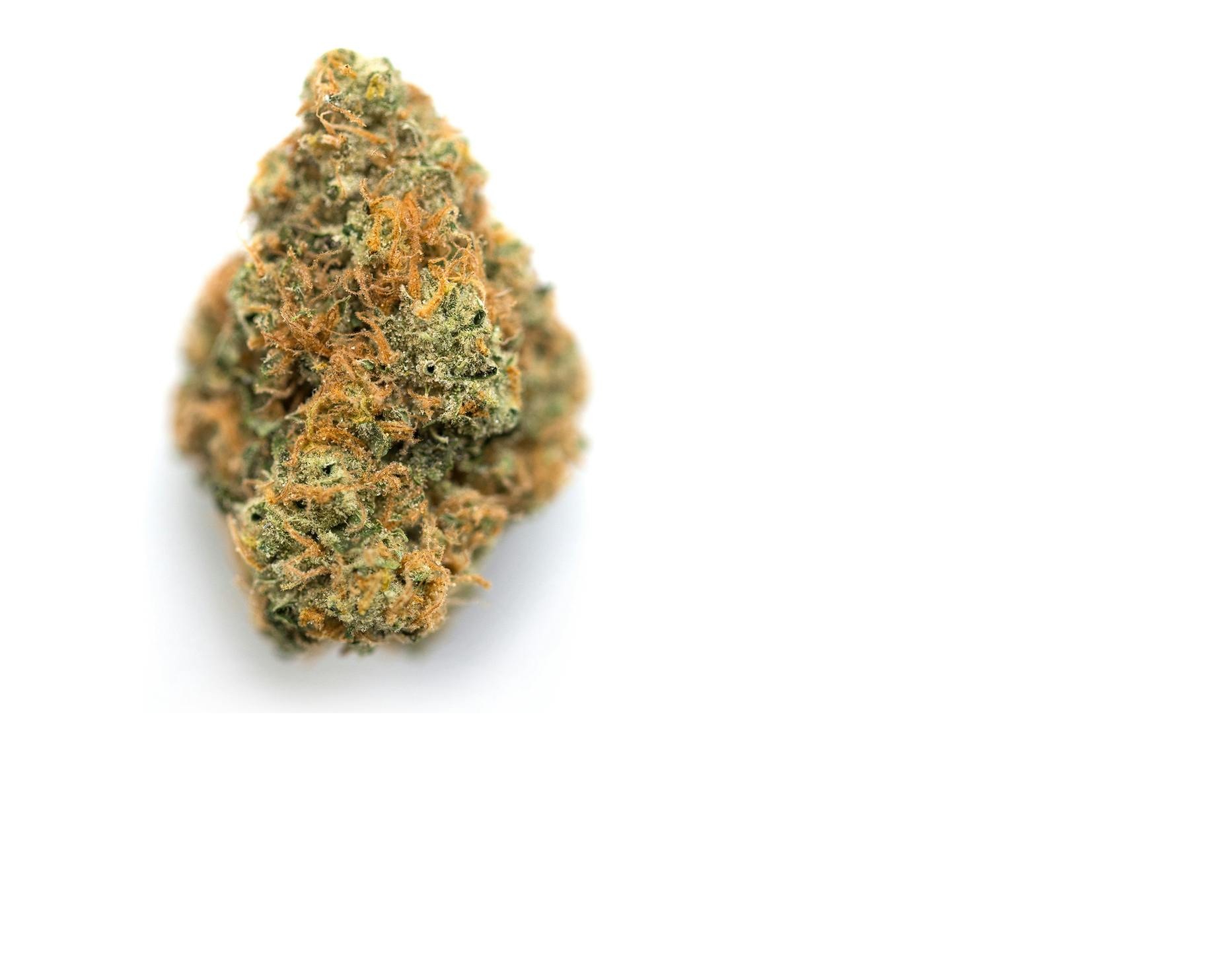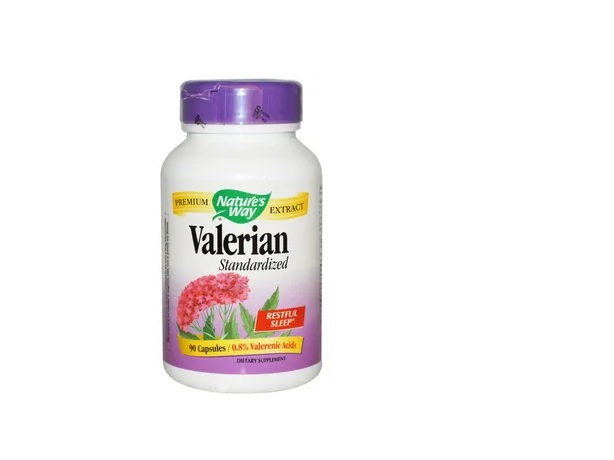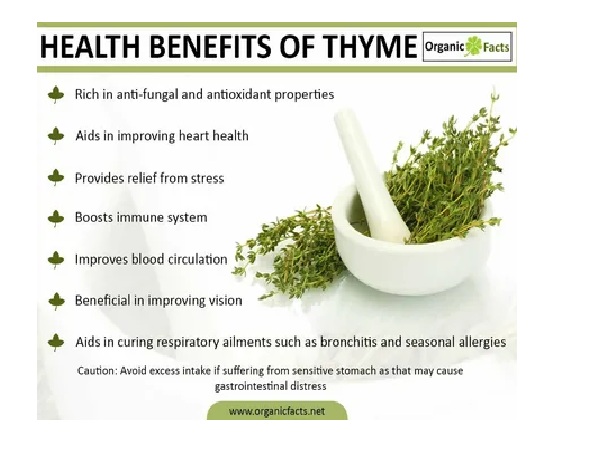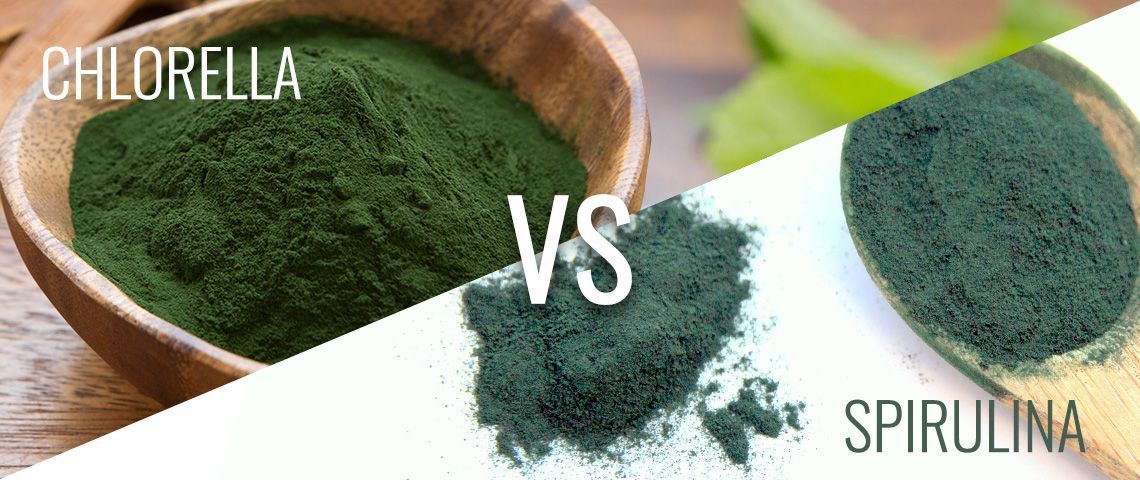![Core [Navy]](https://hempmedallas.com/wp-content/uploads/2024/08/Core-Navy.webp)
Vessel’s Core Series Review: Stylish and Versatile Gear for Every Taste!
Hey there, vape enthusiasts! Let me take you on a journey through Vessel’s Core Series, where style meets substance and every puff is a delight. Strap in, because we’re about to dive into the vibrant world of vaping with these sleek devices.
Soleil: A Burst of Sunshine

First up, let’s talk about Soleil. As someone who loves a pop of color, this vibrant yellow beauty instantly caught my eye. From its smooth finish to its ergonomic design, Soleil exudes warmth and style in every puff. Whether I’m out and about or relaxing at home, Soleil never fails to brighten my day with its smooth draws and consistent performance.
Dusk: Embrace the Night
![Core [Dusk]](https://hemporiacranberry.com/wp-content/uploads/2024/05/Core-Dusk.webp)
Next, let’s talk about Dusk. With its sleek black finish and understated elegance, Dusk is the perfect companion for those late-night vaping sessions.
Emerald: A Touch of Luxury
![Core [Emerald]](https://hemporiacranberry.com/wp-content/uploads/2024/05/Core-Emerald.webp)
Now, let’s turn our attention to Emerald. This rich green vaporizer exudes luxury and sophistication, making every puff feel like a special occasion. Its smooth lines and premium finish make it a standout in any collection, while its intuitive controls and long-lasting battery ensure a seamless vaping experience. With Emerald by my side, I always feel like royalty.
Black: Classic and Timeless
![Core [Black]](https://hemporiacranberry.com/wp-content/uploads/2024/05/Core-Black.webp)
Moving on to Black, the epitome of classic elegance. With its sleek design and timeless appeal, Black is a must-have for any vaping enthusiast. Its matte finish and understated charm make it a versatile companion for any occasion, while its reliable performance and long battery life ensure that every puff is as satisfying as the last.
Stone: Cool and Confide
![Core [Stone]](https://hemporiacranberry.com/wp-content/uploads/2024/05/Core-Stone.webp)
Now let’s talk about Stone, the epitome of cool confidence. With its neutral gray hue and minimalist design, Stone exudes understated sophistication. Whether I’m chilling with friends or exploring the great outdoors, Stone’s smooth draws and reliable performance never disappoint. Plus, its durable construction means it can handle whatever adventures come my way.
Blush: Soft and Subtle
![Core [Blush]](https://hemporiacranberry.com/wp-content/uploads/2024/05/Core-Blush.webp)
Next up is Blush, the perfect blend of softness and sophistication. With its delicate pink hue and elegant design, Blush adds a touch of femininity to my vaping experience. Whether I’m enjoying a quiet moment alone or sharing laughs with friends, Blush always brings a smile to my face with its smooth draws and stylish flair.
Navy: Bold and Brilliant
![Core [Navy]](https://hemporiacranberry.com/wp-content/uploads/2024/05/Core-Navy.webp)
Let’s sail into the world of Navy, where boldness meets brilliance. With its deep blue hue and striking design, Navy commands attention wherever it goes. Whether I’m making a statement at a party or flying under the radar during a solo adventure, Navy’s smooth draws and reliable performance never fail to impress.
Merlot: Rich and Regal
![Core [Merlot]](https://hemporiacranberry.com/wp-content/uploads/2024/05/Core-Merlot-1.webp)
Raise a glass to Merlot, the epitome of richness and regality. With its deep red hue and luxurious design, Merlot exudes elegance and sophistication. Whether I’m celebrating a special occasion or simply enjoying a quiet evening at home, Merlot’s smooth draws and refined performance elevate every vaping experience.
White: Clean and Cris
![Core [White]](https://hemporiacranberry.com/wp-content/uploads/2024/05/Core-White.webp)
Now, let’s talk about White, the embodiment of clean and crisp style. With its pristine white finish and minimalist design, White brings a breath of fresh air to my vaping routine. Whether I’m starting my day with a morning puff or winding down in the evening, White’s smooth draws and sleek aesthetics always leave me feeling refreshed and rejuvenated.
JustCore: Simple and Streamlined

Last but not least, let’s talk about JustCore, the essence of simplicity and streamlined design. With its no-frills approach and straightforward functionality, JustCore is perfect for beginners and seasoned vapers alike. Its intuitive controls and reliable performance make it a go-to option for those looking for a hassle-free vaping experience.
Frequently Asked Questions (FAQs) On Vessel’s Core Series!
What materials are used in the Core Series products?
The Core Series from Vessel is crafted using high-quality materials designed for durability and style. Most products in this series feature a smooth, polished finish and are made from materials like aluminum or premium synthetic composites that ensure longevity while maintaining a sleek appearance.
Are the Core Series products compatible with other brands?
Yes, many products in the Core Series, such as vape pen batteries, are designed to be compatible with standard 510-threaded cartridges and accessories from other brands. This makes them versatile and easy to integrate into your existing setup, though it’s always good to check compatibility specifics for each item.
How should I care for the Core Soleil product?
To keep your Core Soleil looking vibrant and fresh, clean it regularly with a soft, dry cloth to avoid smudges and dirt buildup. Avoid exposing it to excessive moisture or harsh chemicals that could damage the finish. Handling it with care will help maintain its bright and sunny appearance.
Is the Core Dusk color prone to showing wear and tear?
The Core Dusk features a deep, twilight-inspired color that is generally durable, but it may show fingerprints and minor scratches over time. Regular cleaning can help minimize visible wear and keep the finish looking sharp. It’s a good choice if you appreciate a classic, understated look.
Can the Core Emerald be used outdoors?
While the Core Emerald has a beautiful and rich green finish, it is best used in environments where it can be protected from direct sunlight and harsh outdoor elements. Prolonged exposure to these conditions could affect the color and finish, so keeping it in a more controlled environment will help maintain its appearance.
What makes the Core Black a popular choice?
The Core Black is a classic and versatile option that pairs well with virtually any outfit or accessory. Its sleek, timeless design makes it a favorite for those who prefer a sophisticated and understated look. Its durability and easy maintenance also contribute to its popularity.
Are the Core Stone products prone to showing fingerprints?
Yes, the Core Stone’s light, greyish tone can attract fingerprints and smudges more readily than darker colors. Regular cleaning with a soft cloth can help keep it looking clean and free of marks. Despite this, its modern and stylish appearance makes it a worthwhile choice.
How does the Core Blush compare to other colors in terms of maintenance?
The Core Blush features a softer pink tone that adds a touch of elegance but may require more frequent cleaning to keep its pristine look. The lighter color can show dirt and smudges more easily, so be prepared for a bit more maintenance compared to darker shades.
Can the Core Navy be used in professional settings?
Absolutely! The Core Navy is a deep, sophisticated blue that works well in both casual and professional settings. Its rich color adds a touch of refinement without being too flashy, making it a versatile choice for various occasions.
What is the main feature of the JustCore product?
The JustCore product focuses on simplicity and functionality. It offers a straightforward, reliable option for those who prioritize performance over flashy design. Its no-frills approach makes it ideal for daily use and practical applications, combining efficiency with a clean look.
I received free products from Vessel in exchange for this review of their Core Series. While these items were provided at no cost, my review reflects my honest opinions and personal experiences with the products.
Vessel’s Must-Have Finds: Explore Their Coolest and Most Unique Gear!
What is the Core Series by Vessel?
The Core Series by Vessel is a collection of stylish, high-performance pens designed to combine sleek aesthetics with exceptional functionality. Each pen in the series features a range of vibrant and classic colors, ensuring there’s an option to match every personal style and preference.
What types of pens are included in the Core Series?
The Core Series primarily includes ballpoint pens that are known for their smooth writing experience and durability. These pens are designed for everyday use, offering a reliable writing tool with a refined look.
How does the Core Series compare to other Vessel collections?
Compared to other Vessel collections, the Core Series focuses on a minimalist yet elegant design, combining simplicity with versatility. While other collections may feature more elaborate designs or unique materials, the Core Series emphasizes clean lines and dependable performance.
Are the pens in the Core Series refillable?
Yes, the pens in the Core Series are refillable. This feature allows for long-term use and ensures that you can continue to enjoy the same high-quality writing experience even after the initial ink supply runs out.
What colors are available in the Core Series?
The Core Series offers a wide range of colors including vibrant options like Core Soleil and Core Blush, as well as classic tones such as Core Black and Core White. This variety allows users to select a pen that best fits their personal style and preferences.
What makes the Core Series pens comfortable to use?
Core Series pens are designed with ergonomics in mind, featuring a well-balanced body and smooth grip. These design elements contribute to a comfortable writing experience, reducing hand fatigue during extended use.
Can I purchase refills for the Core Series pens?
Yes, refills for the Core Series pens are available for purchase separately. This ensures that you can maintain the performance and functionality of your pen without needing to buy a new one.
Are the Core Series pens suitable for professional use?
Absolutely. The Core Series pens are designed with a professional appearance that suits a variety of work environments. Their sleek design and reliable performance make them ideal for business meetings, office settings, and any situation where a sophisticated writing tool is desired.
How durable are the Core Series pens?
The Core Series pens are built with durability in mind. They are crafted from high-quality materials to withstand daily use while maintaining their sleek appearance and smooth writing capabilities over time.
Where can I buy the Core Series pens?
You can purchase Core Series pens directly from Vessel’s official website or through authorized retailers.
I received free products from Vessel in exchange for this review of their Core Series. While these items were provided at no cost, my review reflects my honest opinions and personal experiences with the products.
Vessel’s Must-Have Finds: Explore Their Coolest and Most Unique Gear!
Welcome to the world of Vessel! Whether you’re a novice vaper or a seasoned pro, we’ve got the perfect products to suit your style and needs. Let’s embark on a journey through our three distinct product categories: Expedition Series, Craftsman Series, and Vista Series.
Expedition Series: Unleash Your Adventurous Spirit
If you’re an outdoor enthusiast who loves to explore, the Expedition Series is your ultimate companion. Crafted with durability and performance in mind, these vaporizers are designed to withstand the challenges of any expedition. From rugged trails to breathtaking vistas, the Expedition Series ensures that your vaping experience remains smooth and reliable, no matter where your adventures take you.
Comparison of UK and USA Laws
- In the UK, vaping laws are regulated by the Tobacco and Related Products Regulations 2016, which govern the sale and marketing of e-cigarettes and e-liquids.
- In the USA, vaping regulations vary by state, with the FDA overseeing the manufacturing, distribution, and marketing of tobacco products, including e-cigarettes.
Craftsman Series: Elevate Your Vaping Experience
For those who appreciate craftsmanship and style, the Craftsman Series is a true masterpiece. These premium vaporizers are meticulously designed to deliver unparalleled performance and sophistication. Crafted from high-quality materials and featuring sleek designs, the Craftsman Series is sure to make a statement wherever you go.
Comparison of UK and USA Laws
- Both the UK and USA have regulations in place to restrict the sale of e-cigarettes and vaping products to minors.
- In the USA, the FDA regulates the manufacturing, distribution, and marketing of e-cigarettes and vaping products to ensure their safety and efficacy.
Vista Series: Embrace Innovation and Style
Step into the future of vaping with the Vista Series. These cutting-edge vaporizers combine innovative technology with stylish design, offering a truly immersive vaping experience. From vibrant LED displays to customizable settings, the Vista Series is sure to impress even the most discerning vapers.
Comparison of UK and USA Laws
- The UK has implemented the Tobacco Products Directive, which sets standards for e-cigarette safety and labeling.
- In the USA, the FDA regulates the manufacturing, distribution, and marketing of e-cigarettes and vaping products to ensure their safety and efficacy.
So there you have it – a beginner’s guide to Vessel’s product categories. Whether you’re seeking adventure with the Expedition Series, sophistication with the Craftsman Series, or innovation with the Vista Series, there’s something for everyone in the world of Vessel. Happy vaping!
